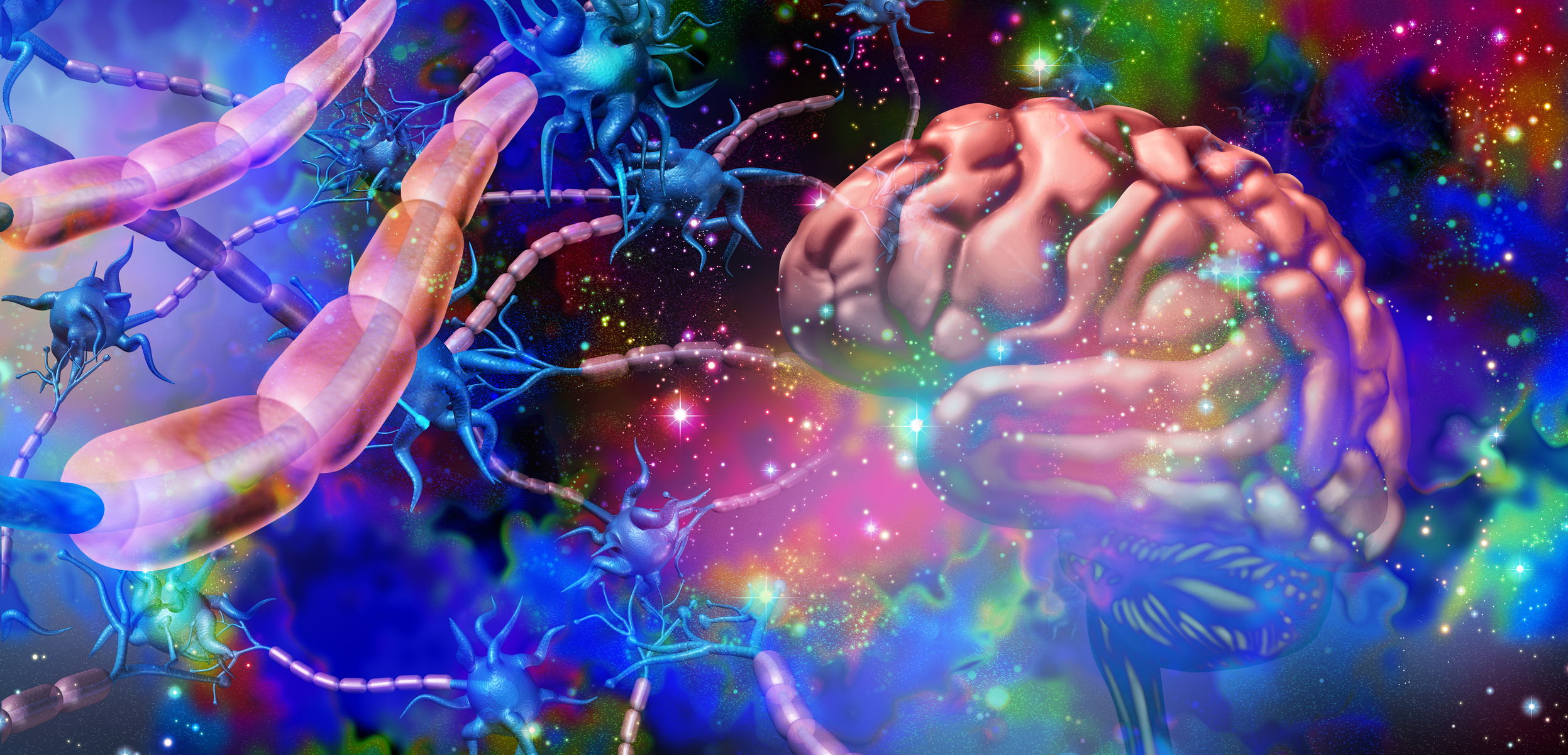For a study, it a determined that nearly all persons with Down syndrome will show pathology of Alzheimer’s disease in their 40s. There was a critical need for the process to diagnose early biomarkers of these various pathological changes of Alzheimer’s disease in the Down syndrome population and understand the relationship of these biomarkers to cognitive symptoms to inform clinical trials. Although Alzheimer’s disease was often considered a disease of gray matter, white matter degeneration was documented during the preclinical stage of Alzheimer’s disease. About 70 (N=70) participants (M=40.13, SD=7.77 years) received baseline scans as part of the Neurodegeneration in Aging Down Syndrome (NiAD) results at 2 imaging facilities (36 at the University of Wisconsin-Madison [UW-Madison] and 34 at the University of Pittsburgh Medical Center [UPMC]). All participants had genetically confirmed trisomy 21. A positive correlation of episodic memory with FA and a negative correlation of episodic memory and MD in the central relation white matter tracts were observed. Results were significant (P<0.05) after correction for chronological age, imaging site, and premorbid cognitive ability. The researchers suggested that white matter degeneration may be implicated in early episodic memory declines before the onset of dementia in adults with Down syndrome. Further, the results suggested a coupling of episodic memory and white matter microstructure independent of chronological age.
Link:jneurodevdisorders.biomedcentral.com/articles/10.1186/s11689-021-09366-1


